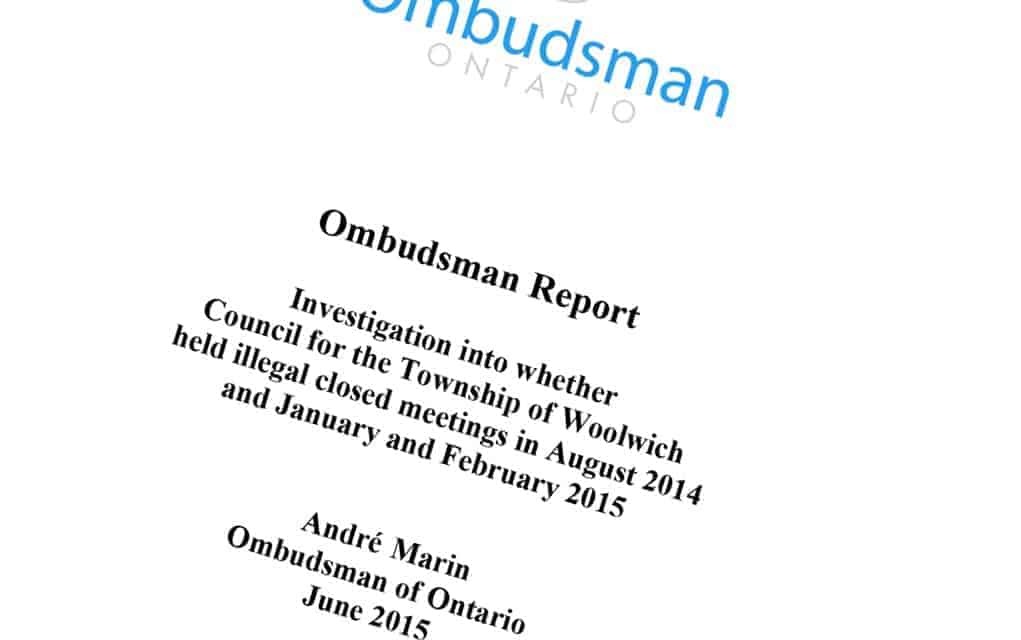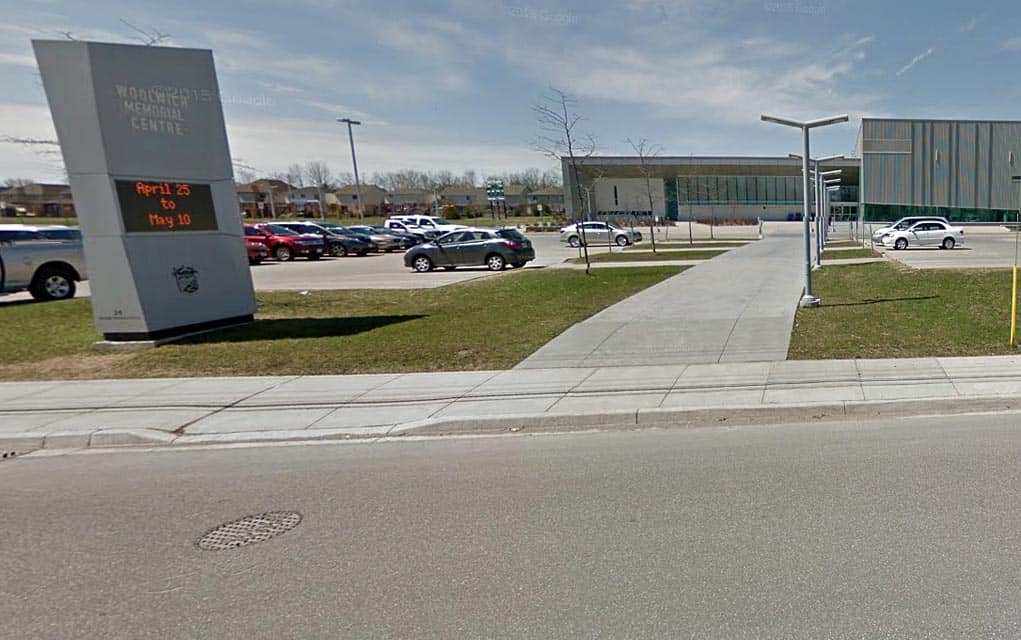Community groups that pitch in to build new recreation facilities in Woolwich will have to dig deeper, as the township wants them to help pay for future maintenance costs.
A policy under discussion would require those seeking a new splash pad, for instance, to raise not only the funds to build it, but an additional 10 to 20 per cent to be placed in a reserve fund to cover future expenses. The draft discussed by councillors August 11 stems from concerns the township takes on increasing operating and maintenance costs when it assumes ownership of community-driven projects such as playgrounds and sports pads.
“Often, community and corporate groups express an interest in providing new or enhanced assets to the township, or undertaking a fundraising campaign for their development (e.g. a new or rebuilt neighbourhood playground). While the township always welcomes such generosity, there are times when the ongoing cost of operating, maintenance and the eventual capital replacement of the new asset is overlooked, or underestimated. As a result, an additional budget pressure is created,” reads a report tabled by director of recreation and facilities Karen Makela.
The policy discussion was largely fuelled by Coun. Mark Bauman’s concerns the township needed a replacement-cost program to deal with requests from the community.
“There is a cost … to these projects,” Bauman said of the facilities built with community money but turned over to the municipality to operate.
As written, however, the policy will pose problems for community-led projects such as those offered up under the banner of the Woolwich Recreational Facilities Foundation (WRFF), including the skate park or Kate’s Place in Elmira.
“Major donors aren’t going to give to a reserve fund. That’s just not going to happen,” WRFF’s David Paisley told councillors.
Large contributors and granting agencies simply don’t have provisions for funding operating costs and repairs, he explained. That would likely mean a series of small events such as barbeques and bake sales to raise the extra 10 or 20 per cent, something the foundation isn’t set up to do.
His concerns were shared by Coun. Patrick Merlihan, who suggested the guidelines’ language appeared to discourage community projects rather than foster them.
“I fear this will kill those initiatives,” he said of the policy. “I don’t think this is going to fly.”
Bauman was adamant, however, that the “benefiting community” should pay for such projects rather than having the costs fall on all taxpayers.
He was joined by Coun. Larry Shantz, who challenged the fairness of a situation that sees money raised in the community to pay for a project, but operating and maintenance costs paid for from general tax coffers.
Commenting on Paisley’s remarks, Bauman said the ability to generate many small donations would indicate real support for such projects, putting the onus on the community.
“It’s not too much to ask for the community to provide 15 per cent extra.”
The arguments failed to convince Merlihan, who said the policy needs more work before council could support it, even in principle.
“I can’t support this document the way it is.”
His was the lone vote of dissent, however. The policy is to be reworked by staff before returning to council for more discussion.









